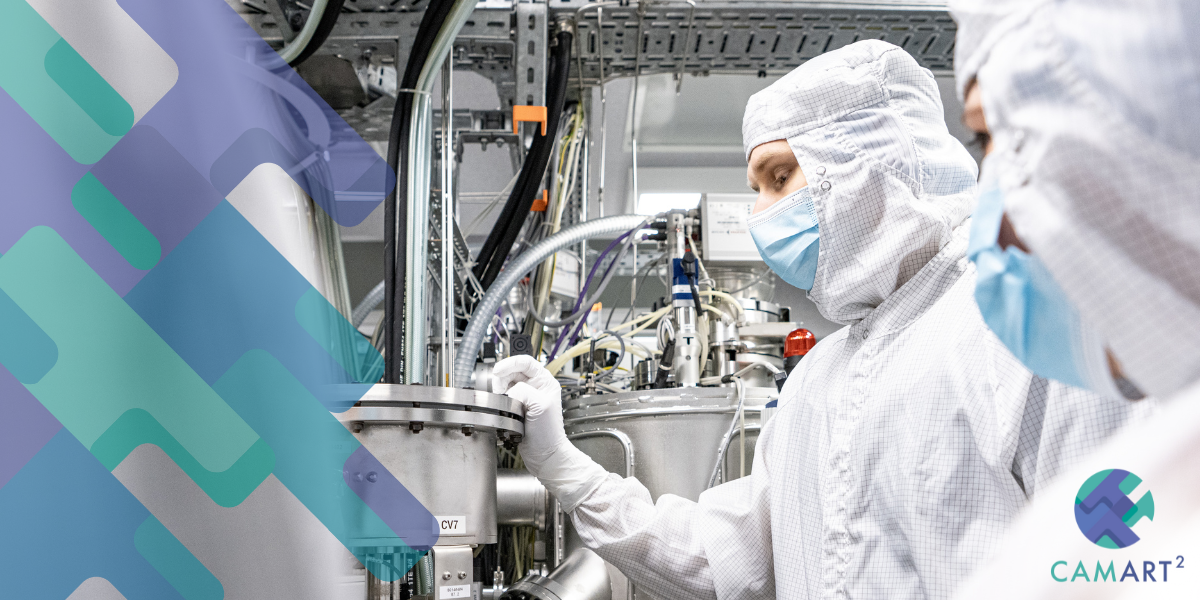
The CAMART² project, an eight-year Horizon 2020 Teaming initiative, has officially concluded with the European Commission’s approval of its final report. With 30 million EUR in total funding (15M from the EU and 15M from national sources), the project’s goal was to modernize the Institute of Solid State Physics, University of Latvia (ISSP UL) into a world-class Centre of Excellence in research, innovation, and international collaboration.
Over the past decade, CAMART² has reshaped ISSP UL. The institute has expanded its team and attracted more international talent (from 200 employees to 300), developed new Master’s and PhD programmes, and invested 15 million EUR in cutting-edge infrastructure. Scientific output has grown in both quality and volume, collaborations with industry and international partners have intensified, and several spin-off companies have emerged from its innovation ecosystem all resulting in annual revenues tripling from 3M EUR to 9M EUR.
The success of the CAMART² project is also lauded by the European Commission: “The project has delivered exceptional results with significant immediate or potential impact [..] has reached its main objectives and established the structural conditions for ISSP UL to operate effectively in the post-CAMART² era”.
Andris Anspoks, Director of ISSP UL, says: “CAMART² proves that strategic, long-term investments in science, combined with capacity building and modern infrastructure, yield significant results.”
Looking ahead, ISSP UL will build on the foundations laid by CAMART² to further increase its international competitiveness and deepen cooperation with academia, industry, and society.
The Institute thanks its staff, project team, and partners KTH Royal Institute of Technology and RISE Research Institutes of Sweden for their dedication and support in making this transformation possible.